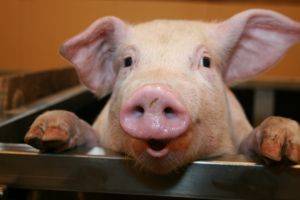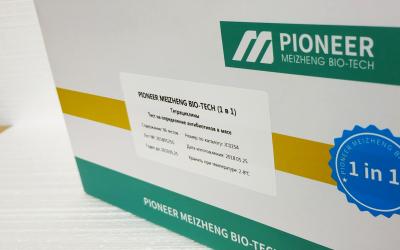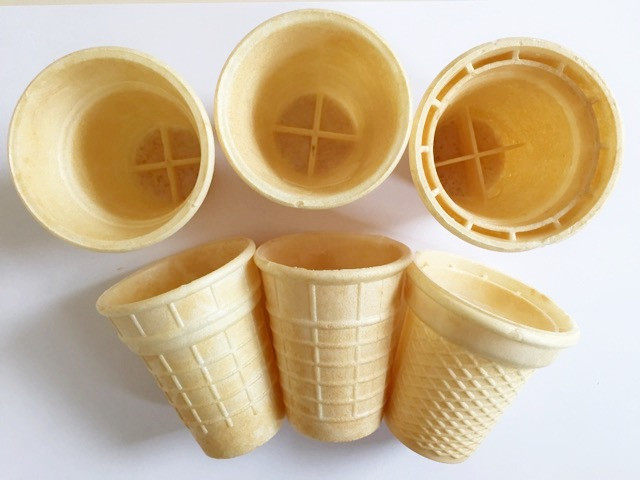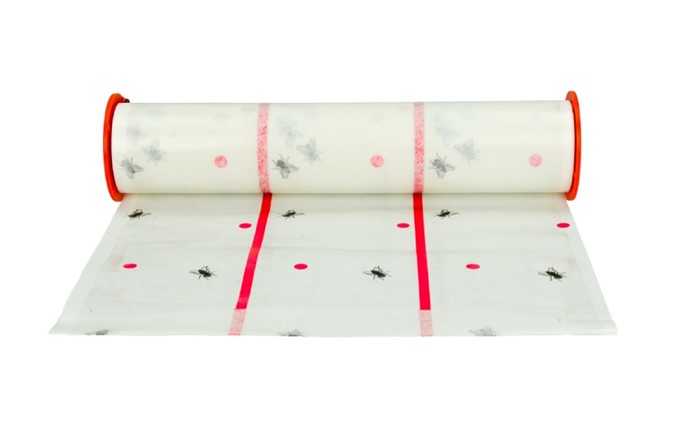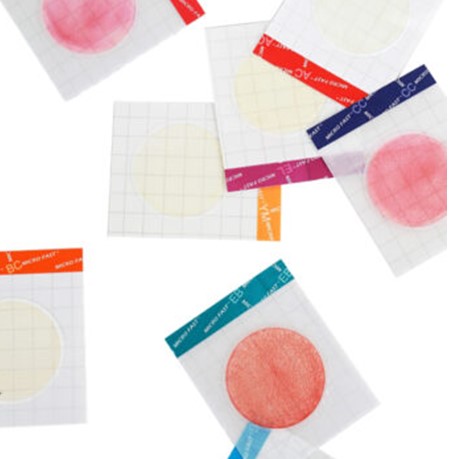"Integrated and sustainable development of beef cattle breeding in the Russian Federation": tasks of the Consortium for the current year
Kalmyk State University im. B.B. Gorodovikov held a meeting of the Coordinating Council of the Consortium "Integrated and sustainable development of beef cattle breeding in the Russian Federation", which included more than 20 higher educational institutions, research institutes, regional ministries, industrial partners of RUSSIA, Belarus, Kazakhstan. The event was held in an online format, more than a hundred participants joined it, including 4 academicians of the Russian Academy of Sciences, 2 corresponding members of the Russian Academy of Sciences.
Welcoming the audience, the Rector of KalmSU, Professor Badma Salaev noted that this Consortium is a continuation of the long-term experience of scientists, professors of Kalmyk University with partners representing scientific schools of the Russian Academy of Sciences, leading agricultural universities of the country, scientific institutes and universities of Belarus and Kazakhstan. A few days ago, we completed work on the formation of applications for the grant competition of the Ministry of Education and Science of the Russian Federation for the creation of scientific laboratories under the guidance of young scientists. One application was filed on the topic: "Features of the organization of the genome of beef cattle breeds associated with high adaptive and productive potential, based on highly polymorphic genetic markers."
As the moderator of the meeting, Vice-Rector for Science and Strategic Development Kermen Badmayeva noted, today's meeting is another important step in expanding the research field in the field of agriculture and the agro-industrial complex.
It should be noted that, together with the members of the Consortium, work on the creation of an international scientific journal "Agriculture and Ecosystems in the Modern World: Regional and Cross-Country Studies" is being completed. Along with Russian scientists, the editorial board includes scientists from Kazakhstan, Uzbekistan, Belarus and Serbia.
With the support of the HEAD of the Republic of Kalmykia Batu Sergeevich Khasikov, the Government of the region, the Ministry of Agriculture of the Republic of Kazakhstan, the Regional Research and Production Center for the reproduction of farm animals was created last year. Already this year, it is planned to open a laboratory for the genomics of farm animals on the basis of the center. During the meeting, its DIRECTOR Arslang Khakhlinov spoke about the first steps and successes of the Center.
At the meeting of the Coordinating Council, the participants discussed the joint action plan for organizing the work of the Consortium for 2022.
The rector of Kalmyk State University suggested that the participants in the consortium also unite as part of temporary research teams, for which Kalmyk State University establishes intra-university grants. Speaking about the topics of joint work, Badma Katinovich noted that the priority agenda is focused on applied research in the field of modern agrobiotechnology: genomic studies of cattle, the introduction of modern biotechnological methods and technologies in the selection process of livestock breeding, animal reproduction. The second priority is to create a sustainable forage production base. “Now, more than ever, it is important for all of us to consolidate our scientific activities, create a team of like-minded people, develop a unified system of approaches to address issues of development of the agricultural sector,” the rector concluded.
As noted during the meeting, within the framework of the Consortium for the "Integrated and Sustainable Development of Beef Livestock in the Russian Federation", Kalmyk State University will hold an international scientific and practical conference "Improving the regional genetic resources of cattle and sheep based on modern molecular genetic and biotechnological methods. It is also planned that this event will become a regular platform and will bring together scientists representing the country's scientific schools in the field of beef cattle breeding, and will establish a permanent partnership in the field of research activities.
Gorlov IF, scientific supervisor of the Volga Research Institute of Production and Processing of MEAT and Dairy Products, Academician of the Russian Academy of Sciences:
- The event once again reminds that this is an important area - the problem of the development of beef cattle breeding. That conference, which is scheduled for autumn and will be called "Improvement of regional genetic resources of cattle and sheep based on modern molecular genetic and biotechnological methods" is very important. Why? Because Kalmykia for many decades, centuries has retained its pedigree composition of Kalmyk cattle, improved it constantly, and this is very expensive. Now they are beginning to understand this, how important it is to preserve their breeds so as not to depend on foreign ones. I wish you all fruitful work.
Miroshnikov S.A., rector of Orenburg State University, Corresponding Member of the Russian Academy of Sciences:
- The program will be successful if today KalmGU really takes the banner of beef cattle breeding and raises it high. The programs that we heard today are important and will be further developed for the republic, but if we look to the future, more global tasks need to be addressed. I propose to consider the creation of a temporary team, within which to develop a prototype program for the further development of beef cattle breeding and submit it for consideration to the leadership of the republic. But this needs to be done now and we are ready to support this project from our side, especially since such a representative team has gathered, I think it will work out.
Yuldashbaev Yu.A., Dean of the Faculty of Animal Science and Biology, Russian State Agrarian University - Moscow Agricultural Academy. K.A. Timiryazeva, Academician of the Russian Academy of Sciences:
- I will say a few words about sheep breeding in the Republic of Kalmykia. You know that the fat-tailed breed, approved in 2012 by the efforts of scientists from KalmSU, is one of the few breeds that has distinctive features compared to other coarse-haired breeds - they produce white wool. This is a unique breed and the only one in which livestock growth is at a good pace. And the process of improving the Kalmyk fat-tailed breed is underway. Kalmykia is a platform where a lot of work is carried out not only in the field of cattle breeding, but also in the field of sheep breeding, goat breeding, horse breeding. In recent years, we have also paid attention to the development and creation of a meat contingent in goat breeding. The successes that will come in these areas will help to realize the tasks that KalmSU faces in terms of the implementation of Priority 2030.
Kulik K.N., Chief Researcher of the Federal Scientific Center for Agroecology of the Russian Academy of Sciences, Academician of the Russian Academy of Sciences, Academician of the Russian Academy of Economics:
- Our institute has been operating on the territory of Kalmykia since the mid-1950s, and speaking of the problem that you just spoke about, in general, we are talking about animal husbandry. Of course, this is a very big job! But animal husbandry without fodder production and without a developed pasture economy is not possible. No matter how we do tribal affairs, feed is feed. Therefore, the most important direction should be the development of such areas as irrigated forage production, as the development of pasture forage production.
Fedorov V.Kh., DOCTOR of Agricultural Sciences Sci., Professor, Rector of FSBEI HE DonGAU:
- First of all, I would like to note the most important task that the consortium sets for itself. An extensive team of leading scientists in general has united in a number of areas. And it seems to me that he can solve all the problems on the shoulder. I would like to draw attention to two points: the first is intra-university grants, which Rector B.K. Salaev. Intra-university grants are the beginning of a lot of work. It seems to me that it is through such forms that it is possible to prepare temporary research teams that will already make a certain start, gain experience, and then they can apply for larger large-scale state grants. Therefore, I fully support this initiative. The second moment is registration, giving legal status to an international journal. It is also a very valuable and important platform for expressing various opinions of scientists and scientific research.
Arkady Natyrov
Dean of the Agrarian Faculty of KalmSU, professor, doctor of agriculture. Sciences

